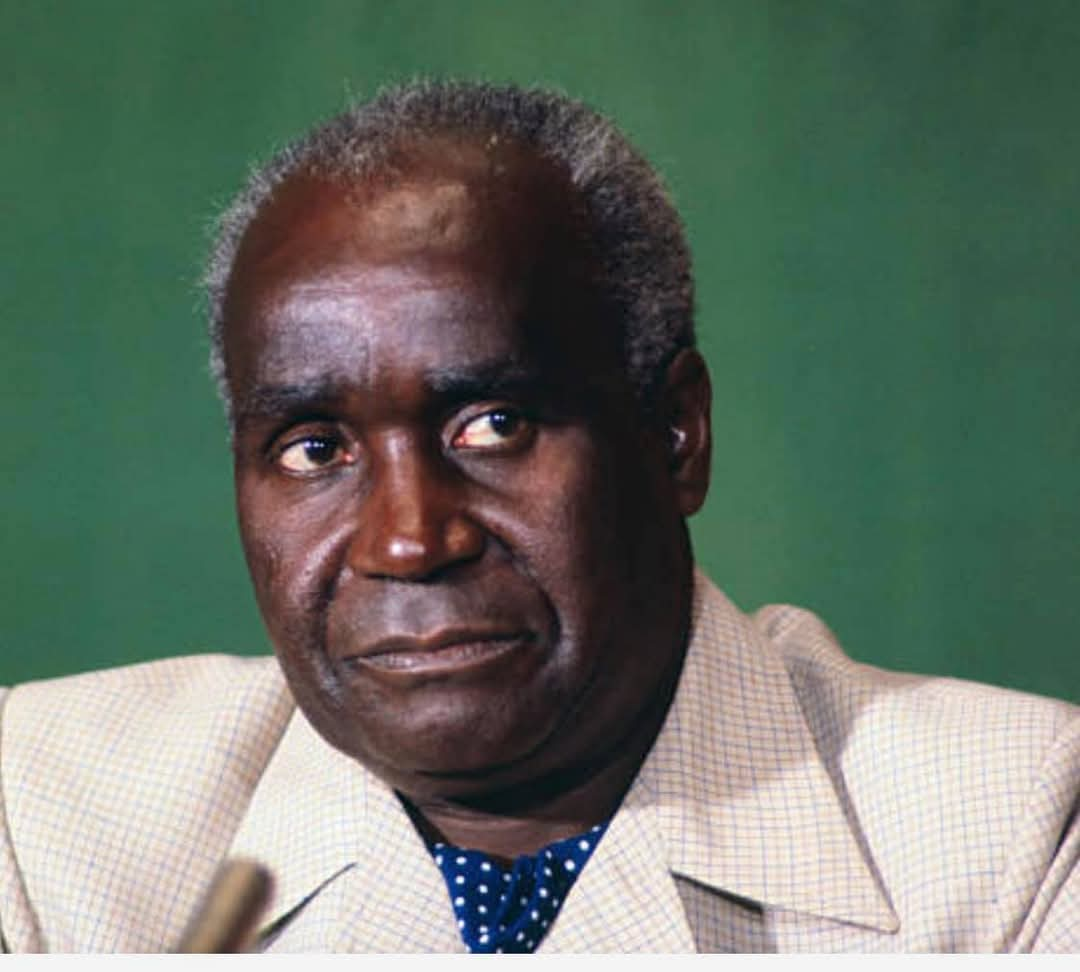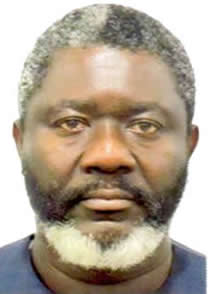
Kenneth Kaunda is popularly referred to as the founding father of Zambia. Like his clergy dad, who passed on when he was very young, he entered the teaching profession. Kaunda left his teaching profession for politics out of the strong conviction that he could be a catalyst for change because he was disillusioned with how Britain ruled Zambia.
Kaunda’s role in developing Zambia can never be undermined. The struggle for independence and its achievement largely falls on the formation of the United National Independence Party in 1959, which Kaunda later led.
Kaunda’s Philosophy of Inclusion
Zambia achieved her independence from Britain in 1964 and the task of nation-building rested on Kaunda’s shoulders as her founding President. One way Kaunda ensured unity was to initiate a philosophy of inclusion that fused African traditions with his Christian values.
Kaunda’s actions to foster unity showed similarities with the Biblical quote ‘love your neighbour as you love yourself’, encapsulating the inclusion and cohesion he planned to achieve. He used the idea of “Zambian humanism” to eradicate ethnic chauvinism and encouraged all 73 tribes in Zambia to embrace nationalism. Another way Kaunda ensured inclusivity was to use a socialist ideology that sought to eradicate classism and bridge the gap between the rich and poor, creating economic opportunities for all Zambians.
Nationalization of the Copper Industry
Zambia’s economy in the early years post-1964 remained in the grasp of Britain even after gaining independence. It was clear that Britain was making huge gains from copper exploitation while leaving Zambia in a pariah state. Kaunda knew that change was necessary.
Robert Frost once wrote that ‘Freedom lies in being bold’. Kaunda knew that absolute freedom could not be achieved if the status quo remained. He introduced economic policies that ensured mining companies contributed to the development of Zambia. Considerable freedom was gained when Kaunda nationalized the mining sector. The nationalization policy paid off as money accrued from copper exportation went directly to the coffers of Zambian unlike in the past when external forces benefitted more.
Huge Capital and Infrastructural Investments
Statistics from Britannica reveal that in 1964 only 33% of Zambians were literate with only 100 graduates while only 0.5% of the population had access to Secondary education. The country also had no university at the time.
Kaunda revolutionized the education sector, building two universities and numerous schools because he knew that education was a panacea for economic growth. More people-oriented policies led to the building of hospitals, power plants, low-cost housing projects, and other necessary infrastructure.
Kaunda’s Fight Against HIV/AIDS
Kaunda suffered a huge loss in 1988 when his son lost his life to AIDS. Following that, he started a campaign against the deadly disease, famously saying ‘I will fight you (AIDS) with every ounce of my energy’.
Many people drew inspiration from Kaunda’s honesty about the deadly disease, people living with the virus found the strength to be open about it despite their fear of being stigmatized. Kaunda broke cultural boundaries when he campaigned against HIV and its deadly effects, especially how it can be contracted through sexual intercourse. He encouraged people to take HIV tests, voluntarily taking the test publicly several times. To celebrate his efforts, the Joint United Nations Program on HIV/AIDS honoured him with an award.
Lessons from Kaunda’s Legacies
Kenneth Kaunda was an inspirational leader who was committed to the welfare of his people, he was also a unifying figure to the people of Zambia till his passing at the ripe age of 97 in 2021. The lessons he left behind are worthy to be emulated. Here a few lessons leaders can take from Kaunda:
The present crop of African leaders should adopt Kaunda’s inclusion and nationalism philosophies especially those governing people with diverse ethnic groups.
African leaders should also prioritize the welfare of their people when formulating policies like Kaunda did when he insisted on nation-building as Zambia’s president.
Another lesson to learn from Kaunda’s leadership qualities was the ease with which he gave up power, unlike some leaders who are caught with the ‘sit tight’ bug, he relinquished power after he lost an election and settled into a private life.
Kaunda wasn’t found wanting for corruption after he left office, he led a modest life. Global leaders should borrow a page from Kaunda’s book and eschew corruption that bedevils the continent.
Zambia’s founding father, Kaunda, laid a fine foundation for his country. Individually, we can look into his philosophy and lead ourselves to become leaders that contribute to nation building and growth.








